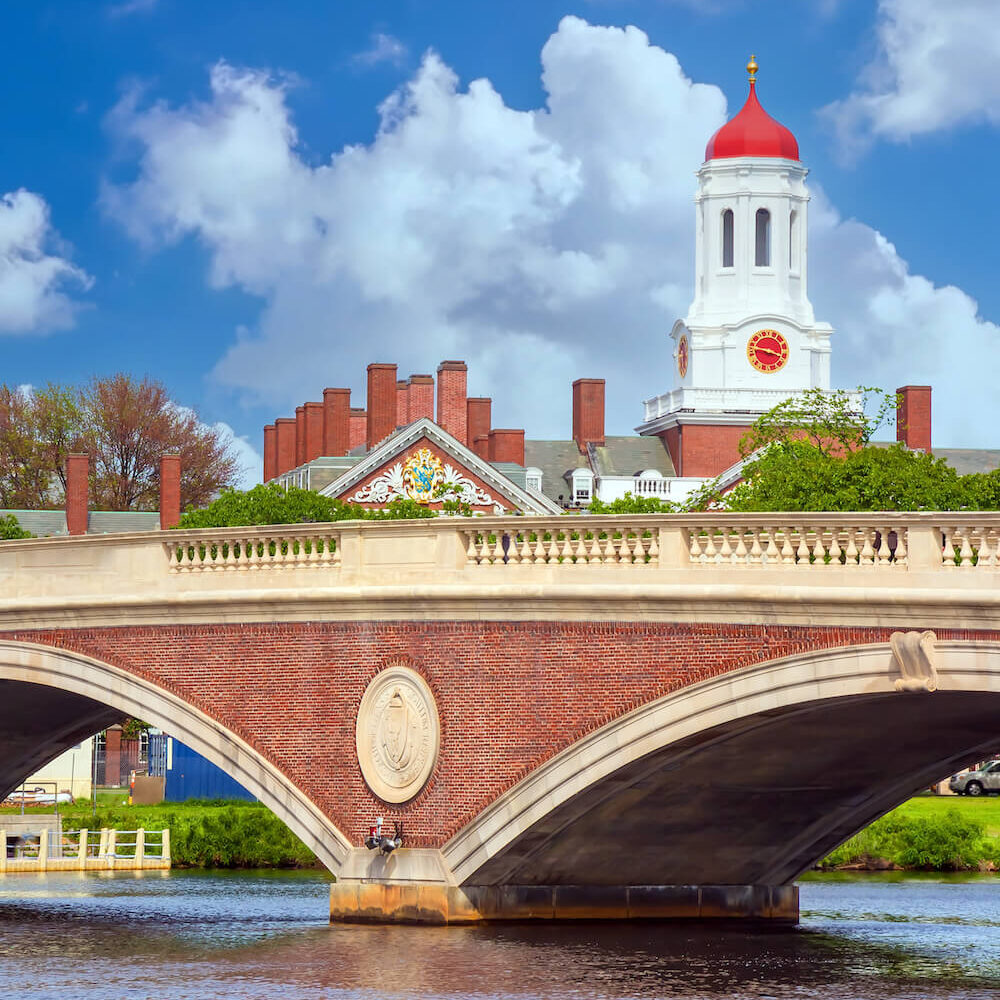What the Supreme Court’s decision on affirmative action at colleges means for future applicants
By Jessica Dickler | Thursday June 29, 2023, at 3:12pm
By lunchtime Thursday, Christopher Rim, president and CEO of Command Education, had received more than two dozen calls from students and their families, all with one question: How would the Supreme Court’s ruling on the affirmative action admission policies of Harvard and the University of North Carolina impact their future applications?
“I do think the makeup of the schools is going to change drastically,” he said.
The ruling is considered a massive blow to decades-old efforts to boost enrollment of minorities at American universities through policies that took into account applicants’ race.
“There’s a real risk that the incoming classes will look different,” agreed Cara McClellan, director of the Advocacy for Racial and Civil Justice Clinic and practice associate professor of law at the University of Pennsylvania Carey Law School.
“Without considering race, there would be a reduction in the number of underrepresented students of color.”
Diversity could take an immediate hit
Studies show the effect on college and universities’ ability to maintain racial and ethnic diversity would likely be immediate.
After the University of California eliminated affirmative action in 1996, the share of underrepresented groups fell 12% and when Michigan banned race-conscious admissions, Black undergraduate enrollment at the school dropped nearly by half from 2006 to 2021, according to the Urban Institute.
“This idea, essentially striking down affirmative action, on its surface will result in less diverse classes,” said Robert Franek, editor-in-chief of The Princeton Review.
Applicants can still highlight their racial identity
But because the ruling is narrowly focused on the admissions process, “if an applicant wants to talk about their experience in high school or any other aspect of their life that is related to their racial identity, they can do so,” according to Kelly Slay, assistant professor of higher education and public policy at Vanderbilt University.
Colleges can still consider personal essays about “how race affected his or her life, be it through discrimination, inspiration or otherwise,” Chief Justice John Roberts wrote, even though “universities may not simply establish through application essays or other means the regime we hold unlawful today.”
“The ruling does allow for students to express, through their essay or otherwise, things about themselves that could include race,” Franek also noted.
“If only the playing field of K-12 education — prior to the time students apply to colleges — was a level one,” Franek said.
“It is not, particularly among students attending public schools where funding, resources and opportunities vary greatly based on locale as well as socioeconomic factors.”
Colleges may find other ways to remove barriers
That’s where the burden shifts back to colleges to come up with alternative ways to level the playing field, experts say.
Rim predicts that the Supreme Court’s decision could encourage colleges to put more weight on students’ household income and their regional background to diversify their student bodies. Schools may also rely less on standardized tests scores or even eliminate SAT and ACT requirements, which have reinforced race gaps, other studies show.
“It’s really important to emphasize that colleges and universities still have duties to eliminate barriers,” McClellan said.
“Remember that there are still many people in this country who recognize the value of diversity,” she added. “Race continues to matter.”
Originally published on CNBC on June 29, 2023



